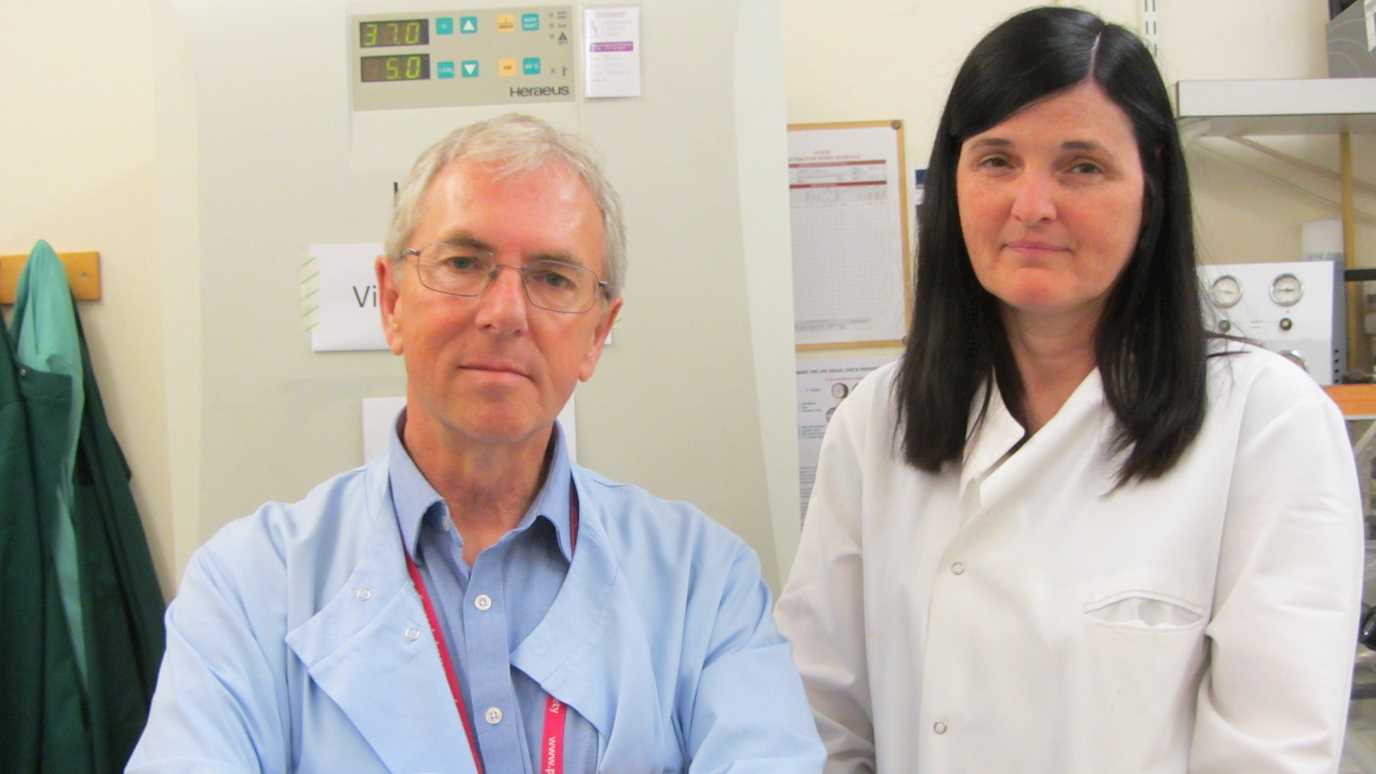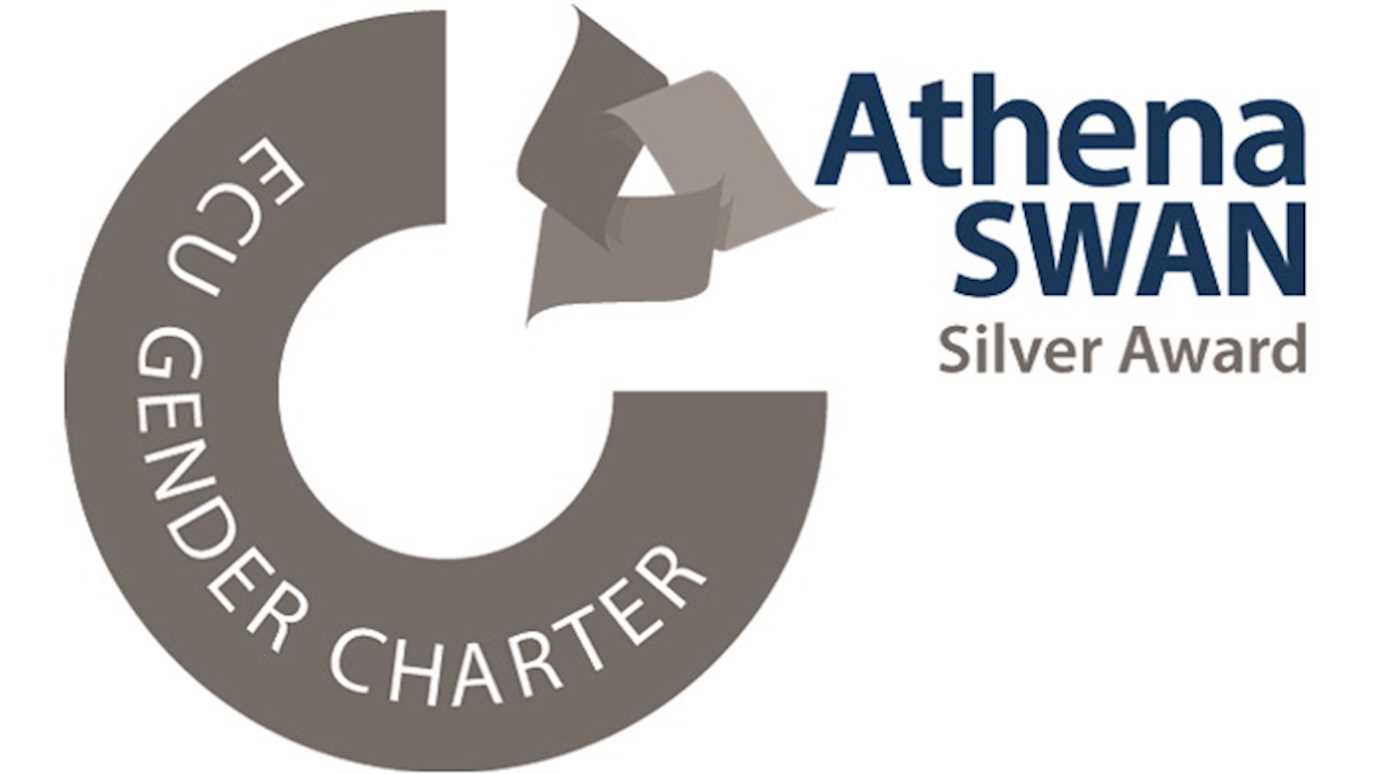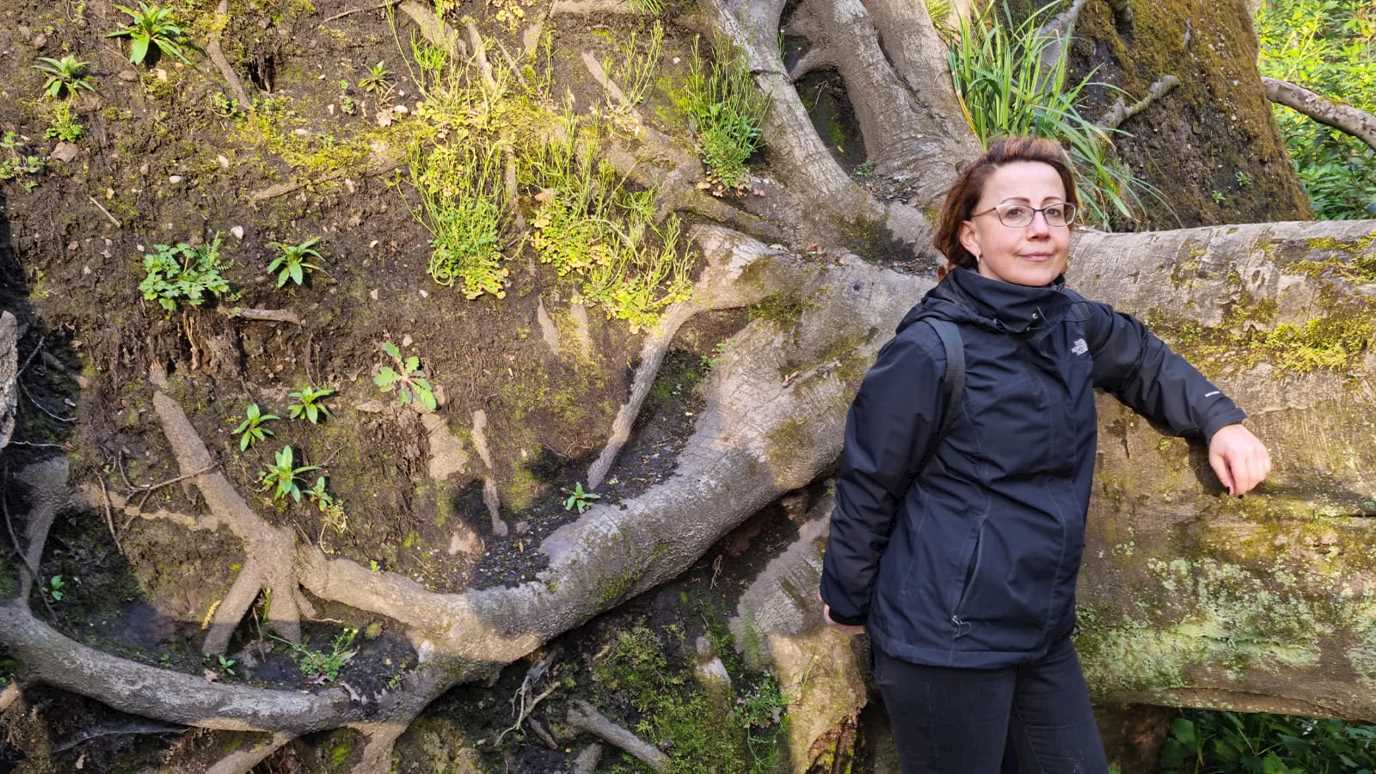Academics at Royal Holloway have developed a new genetic medicine that has been given the go ahead by the U.S Food and Drug Association (FDA) to be prescribed globally to a subset of patients with Duchenne Muscular Dystrophy (DMD), a rare genetic disease that causes muscle weakness and wasting.

Sufferers of DMD have a reduced life expectancy and most will not live beyond their 40s.
The drug was developed by Dr Linda Popplewell and Professor George Dickson, both from the Department of Biological Sciences at Royal Holloway, who are leading the development of various gene therapies for DMD and other muscular dystrophies. The news coincides with international Rare Disease Day, 29 February 2020 and the annual Rare Disease Day awareness event hosted by the department on Wednesday 26 February.
DMD is a genetic disease affecting 1:3500-1:5000 new-born males and is caused by mutations on the gene that normally encodes a protein expressed in skeletal and cardiac muscle. It’s this protein, dystrophin, that acts to protect muscle from damage during contraction, but without it, muscle fibres waste away and are replaced by scar and fatty tissue.
The original clinical trial led by Sarepta Therapeutics, Inc. established that VYONDYS 53™ (golodirsen) was well-tolerated and acted to restore dystrophin protein. Trials will now be extended for further two years to assess the clinical benefit of treatment. On the basis of benefit seen with a previously approved drug of a similar nature and mode of action, VYONDYS 53™ is expected to delay progression of the disease and thereby improving the patient’s quality of life and their life expectancy.
VYONDYS 53 acts to restore the expression of dystrophin by masking a small part of the dystrophin gene known as exon 53, so that it is excluded when the gene is read into protein through a process termed ‘exon skipping’.
Patients who had weekly treatment with VYONDYS 53 experienced a statistically significant increase in dystrophin production in their skeletal muscle to levels likely to be of clinical benefit.
This benefit is predicted to be stabilisation of the disease and prevention of further deterioration.
Dr Linda Popplewell, said: “It is so rewarding to have developed something that has been proven in trial to have the potential to make a difference in the life expectancy and an improvement in the quality of life of patients with DMD.
“To know there is now an approved medicine for patients with DMD in the UK and thousands throughout the world as a result of our work is very exciting.”
Doug Ingram, president and chief executive officer, Sarepta, added: “This news is monumental for Sarepta and, more importantly, for the DMD community.
“VYONDYS 53, our second approved exon-skipping RNA therapy for DMD, may treat up to 8% of the DMD community, representing those patients who have a confirmed exon 53 amenable mutation.”
The results of the trial have recently been accepted for publication by the journal Neurology.
























